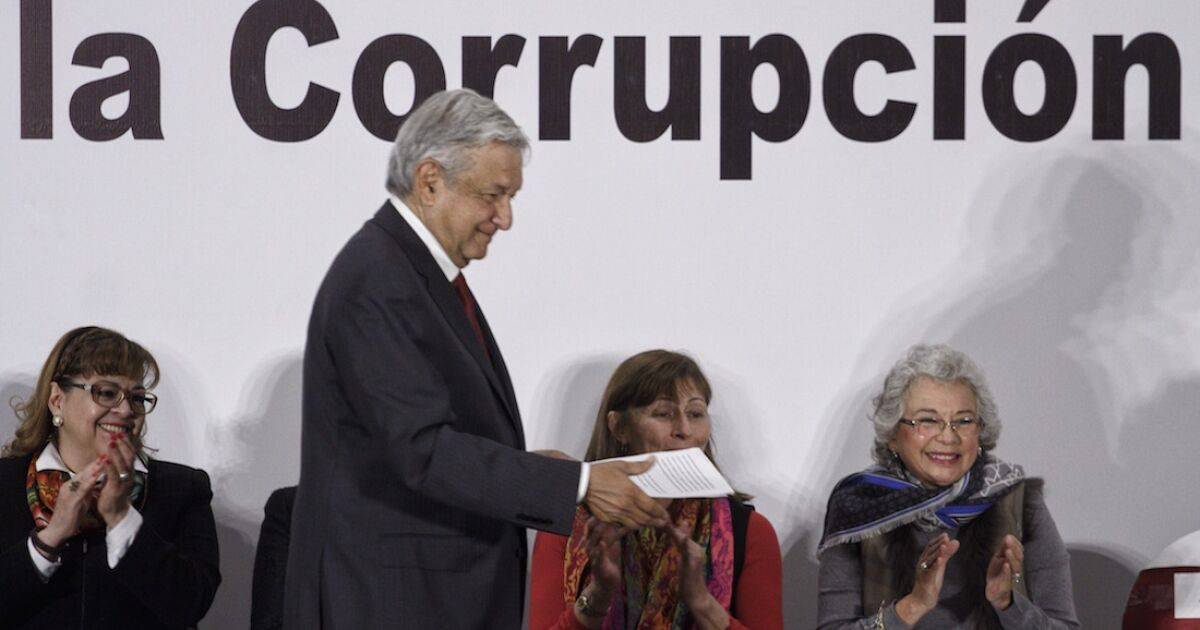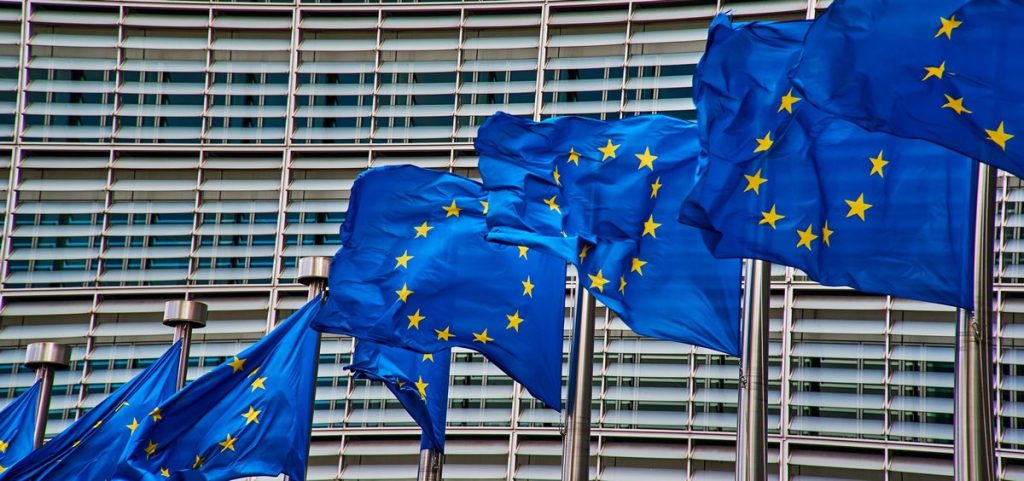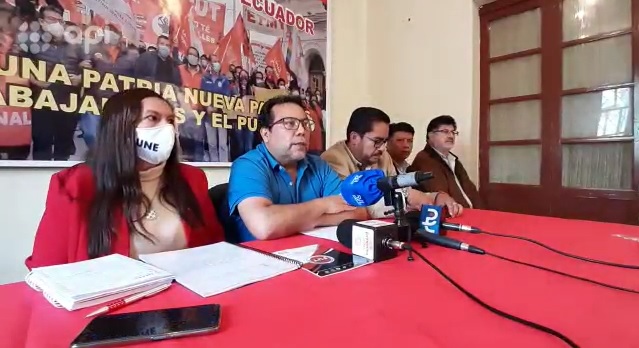President Andrés Manuel López Obrador has expressed his rejection of the institutions created to combat corruption and has proposed cutting the model to reduce expenses, because the SNA obeyed the “fashion” of creating organizations.
In accordance with that plan, Morena’s initiative on this matter has already been ruled in the Senate but is still pending a vote in plenary.
“I’m going to put on a mask when there is no corruption” | #In seconds
What is known about the SNA?
With the creation of the SNA (2015-2016), a new structure and powers were endorsed for the TFJA to sanction serious acts of corruption by officials or individuals.
In the Constitution it was approved to increase the number of TFJA magistrates from 13 to 16 and the creation of a section (with three other magistrates) responsible for imposing the aforementioned sanctions, this special instance was left in the Organic Law of the TFJA as “Third Section” .
But that secondary law also provided for the creation of five Specialized Chambers, each with three magistracies to deal with cases of corruption in the 32 entities, divided into five constituencies.
Thus, on April 25, 2017, then-president Enrique Peña Nieto sent the Senate 18 proposals for magistrates, 3 for the Superior Chamber, 15 for the Specialized Chambers, but sparked protests from civil organizations, due to the haste with which its ratification was expected. at the end of that month.
Contrary to this scenario, no one was ratified, but the claim to open the process to public scrutiny was not heeded either; everything was frozen in the Senate.
That year, when the new General Law of Responsibilities of Public Servants entered into force without an integrated TFJA as ordered, in order not to incur in a denial of justice, it had to enable, via agreements, one of its Regional Chambers as the Third Section of the Chamber Superior to deal with the first cases to be processed under SNA rules.
Until 2019, the senators called the 18 proposed by Peña Nieto to appear, but only 4 attended. All were eligible, but the Permanent Commission rejected them, recalls Itzel Checa Gutiérrez, coordinator of Appointments of the observatory, referring to the tortuous process that has had the conformation of the SNA in that judicial part.
“In reality there is very little information, it has been a discretionary and opaque exercise, which is a contradiction since it is about anti-corruption policy,” says the specialist of that observatory, dedicated to monitoring the processes of public appointments, in conjunction with Fundar and Article 19.
It was not until last year, four years late, that the senators appointed 2 of the 3 magistrates of the Third Section of the TFJA: Natalia Téllez Torres Orozco (on April 30) and Julio Sabines Chesterking (on June 30), both for 15 non-renewable years.
Thus, in the middle of the six-year term, with incomplete designations, a budget reduction strategy for the organizations that make up the SNA, and the presidential recognition that it will promote the disappearance of SESNA, everything is shaping up for the anti-corruption system to remain in the “AMLO style ”.

















